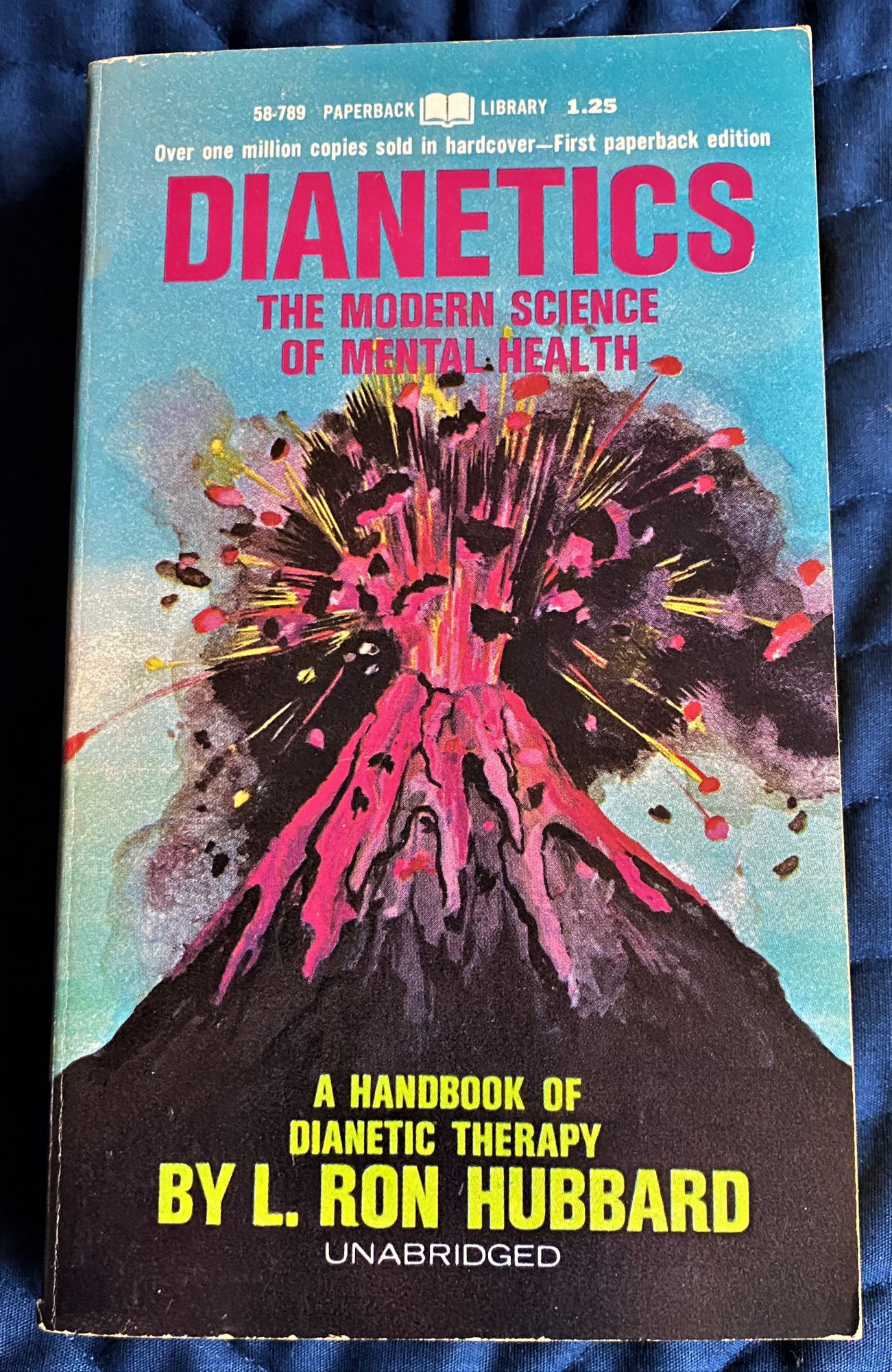4 Simple Techniques For Dianetics
Wiki Article
Little Known Questions About Dianetics.
Table of ContentsThings about DianeticsDianetics Can Be Fun For Anyone7 Simple Techniques For DianeticsDianetics Things To Know Before You Buy
I couldn't ever before not wish to get anything that comes to mind for you- if it was otherwise, I would not be resting right here with you, doing this. I not only could never ever have an issue, or not intend to hear something that enters your mind for you, yet I'm totally eager to recognize every idea, every thought, every photo or sensation that emerges or shows up for you- don't ever before assume otherwise, and if for some factor you do, please just allow me understand! In some cases, you may have a thought, and photo, idea or case appear that does not appear to answer the inquiry, or associate to it, yet nonetheless, constantly do inform me regarding it, and as we proceed, the significance will arise for you.This is intrinsic in the basis of processing, and the subject of this discussion: the basic duties of the counselor and the customer: The fundamental duty of the counselor is, in contrast to "typical training", not to manage, which means to apply and/or inhibit, yet to instead work from the basis of EMPOWERING THE CUSTOMER.

4 Easy Facts About Dianetics Explained
John Mcmasters shared this basic reality wonderfully well in among his talks on Power processing, where he clarifies how he was asked what this "special flair" was that he had for giving such great sessions; he had to believe concerning that for a minute, and found that it was what he had not been doing, along with what he was doing: he had not been assessing, judging, computing, or in reality, generating any thoughts, not to mention spoken expressions, after providing the command and while awaiting the PC to complete their response to their contentment; he was, simply and only, being present with the PC, and totally interested.The function of the therapist, showed; that was his "special flair". I have actually had my very own experience which educated me this well, extremely beforehand in the video game. In 1982, having actually just recently finished my training and teaching fellowship on New Era Dianetics, I was running this on a PC, and there was a factor in the session where (being a little bit wet behind the ears not yet having numerous hours under my belt as an expert auditor) the computer seemed to be "taking as well long" to share anything vocally after I provided him a command.
This secret ended up being the most beneficial payment that John ever made to the subject of treatment or bookkeeping (Dianetics). In my simple viewpoint, it is the greatest payment that any person has actually ever made to these subjectsthe application is completely non-judgemental, non-evaluative, and without any type of tip, guidance or opinion.no preconditioned schedule for people, or 'levels' that they have to do
In Idenics, the only resource of information about a customer is the specific client. In Scientology we prided ourselves on not assessing for individuals. However all that really indicated was that the auditor did not VERBALLY evaluate for the computer in session. The registrars and values policemans evaluated for the computer.
The Ultimate Guide To Dianetics

Anyone that had actually ever seen John audit can not help however see a special quality in his auditing."The customer's standard role is to be there with the function of relocating the direction of their spiritual objectives, and to openly and fully reveal and experience whatever shows up for them in addressing the questions and performing the guidelines in the handling.
This is something to process as needed. Yet likewise, people often have previous experience and/or brainwashing in auditing/processing which, in some ways, and to some extent, in fact misguides them right into attitudes, ideas and behavior patterns that protect against the complete realization of these functions, and so they will certainly often tend to prevent the expressing of what enters your mind, as in the instances given above. * The first, and maybe primary examples of mis-indoctrination causing much less than totally smooth and efficient sessions, can be found in specific elements of the training routines, or "TR's":"TR's" are typically a person's first, or at the very least early, visit homepage experience in Scientology, and while I will certainly go on to discuss what I see as the flaws in principle and technique, nonetheless, often tend to be substantially healing, done as they are provided (Hubbard firmly insists that "TR's are not processing, they are training", however factually, they are both processing AND training)
There is no "flunking", and no rejection of the truth of this being handling. The emphasis, as it should be, is on experiencing the other individual's presence.
A Biased View of Dianetics

Report this wiki page